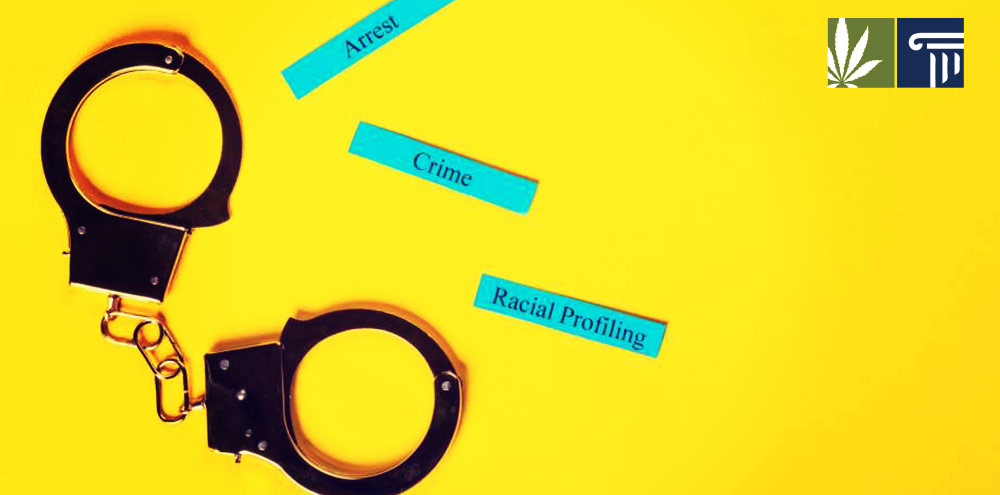A new study backs up the findings of a recent report by the American Civil Liberties Union (ACLU); that people of color are still more likely to be searched and arrested for marijuana-related offenses than white people, even in states that have legalized cannabis.
The team of researchers from Stanford University and New York University analyzed data from around 100 million traffic stops carried out by more than 50 state and municipal law enforcement agencies across the US between 2011 and 2018. They focused, in particular, on the experiences of Colorado and Washington, which both legalized adult-use marijuana in 2012, to determine the impact, if any, of the policy change on racial disparities in traffic stops and arrest rates.
While the university researchers drew on different data sets from those used by the authors of the ACLU report, their conclusions are broadly the same.
Their findings, published in the journal Nature: Human Behavior, suggest that police traffic stops under the guise of contraband searches are less likely in states with legal cannabis. Similarly, fewer stops in states that have legalized marijuana lead to a drug-related charge.
Nonetheless, while there is a drop in the number of searches and marijuana arrests, there are still indications of racial profiling.
“We found that white drivers faced consistently higher search thresholds than minority drivers, both before and after marijuana legalization,” the researchers wrote. “The data thus suggest that, although overall search rates dropped in Washington and Colorado, black and Hispanic drivers still faced discrimination in search decisions.”
These findings reinforce the conclusions of the ACLU report from April 2020. The ACLU study looked at national arrest data between 2010 and 2018, comprising more than 6 million cannabis-related arrests. On average, across the US, a black person was 3.64 times more likely to be arrested for marijuana possession than a white person, even though cannabis consumption rates between races are near identical.
This varies considerably between states, with Montana holding the most damning statistic in this regard: there, a black person is 9.6 times more likely to be arrested for cannabis possession than a white person.
While less extreme, racial disparities in arrest rates persist in Colorado eight years after marijuana legalization. While it is legal to buy and sell cannabis in the Centennial State, this is only the case for up to one ounce. Possession of between two and 12 ounces is a misdemeanor, and more than 12 ounces could land you with a felony charge. The ACLU’s report found that Colorado had the least racial disparities in arrest rates among states in the US. But this still means that black people are arrested at 1.5 times the rate of white people for cannabis possession.
As the team of university researchers put it, their results indicate “that police stops and search decisions suffer from persistent racial bias and point to the value of policy interventions to mitigate these disparities.”While there are signs of progress in both sets of research, as well as in a 2018 Drug Policy Alliance report, the findings also demonstrate that marijuana legalization in itself is not sufficient to overcome the harms of racial profiling by law enforcement. Marijuana reform must be complemented by other policy measures to ensure racial disparities do not continue post-legalization.






